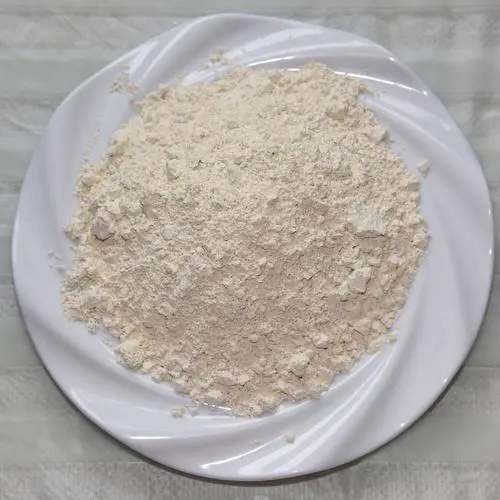
bentonite water treatment
The Role of Bentonite in Water Treatment
Bentonite clay, a naturally occurring aluminosilicate, has gained prominence in various industrial applications, particularly in water treatment. Known for its high surface area, cation exchange capacity, and ability to swell in water, bentonite offers effective solutions for treating water contaminated with heavy metals, organic compounds, and other pollutants. This article explores the properties of bentonite and its applications in water treatment processes.
The Role of Bentonite in Water Treatment
In addition to adsorption, bentonite can enhance the flocculation process, which is crucial in the removal of suspended solids from water. When introduced to water, bentonite particles agglomerate fine particles through electrical and physical mechanisms. This increases the size and weight of the suspended particles, enabling them to settle more easily. The use of bentonite in flocculation not only improves water clarity but also aids in the removal of pathogens and organic pollutants, contributing to overall water quality.
bentonite water treatment

Bentonite's versatility extends to its application in treating both industrial effluents and municipal wastewater. In industrial settings, bentonite can be used in filtration systems to clarify and purify water before it is released back into the environment. Its natural origin makes it an environmentally friendly option, aligning with sustainable practices in waste management.
Moreover, bentonite has been studied for its potential in treating drinking water. Research indicates that it can effectively remove various contaminants, including pesticides and pharmaceuticals, which pose significant risks to human health. Its ability to retain and release nutrients in water treatment settings also makes it a valuable component in constructed wetlands and artificial lagoons aimed at enhancing water quality.
The cost-effectiveness of using bentonite in water treatment processes cannot be overstated. Because it is abundantly available and requires minimal processing, bentonite is often more economical than synthetic alternatives. This affordability, combined with its effectiveness, makes bentonite a favorable choice for both small-scale and large-scale water treatment projects.
In conclusion, bentonite plays a crucial role in modern water treatment methodologies. Its unique physical and chemical properties enable it to effectively remove pollutants, improve water clarity, and contribute to environmental sustainability. As the global demand for clean water continues to rise, the adoption of natural materials like bentonite in treatment processes will likely become increasingly significant, promoting healthier ecosystems and communities. Thus, investing in bentonite-based water treatment solutions may be an effective strategy for addressing water quality challenges worldwide.
Share
-
Premium Pigment Supplier Custom Solutions & Bulk OrdersNewsMay.30,2025
-
Top China Slag Fly Ash Manufacturer OEM Factory SolutionsNewsMay.30,2025
-
Natural Lava Rock & Pumice for Landscaping Durable Volcanic SolutionsNewsMay.30,2025
-
Custom Micro Silica Fume Powder Manufacturers High-Purity SolutionsNewsMay.29,2025
-
Custom Mica Powder Pigment Manufacturers Vibrant Colors & Bulk OrdersNewsMay.29,2025
-
Custom Micro Silica Fume Powder Manufacturers Premium QualityNewsMay.29,2025






